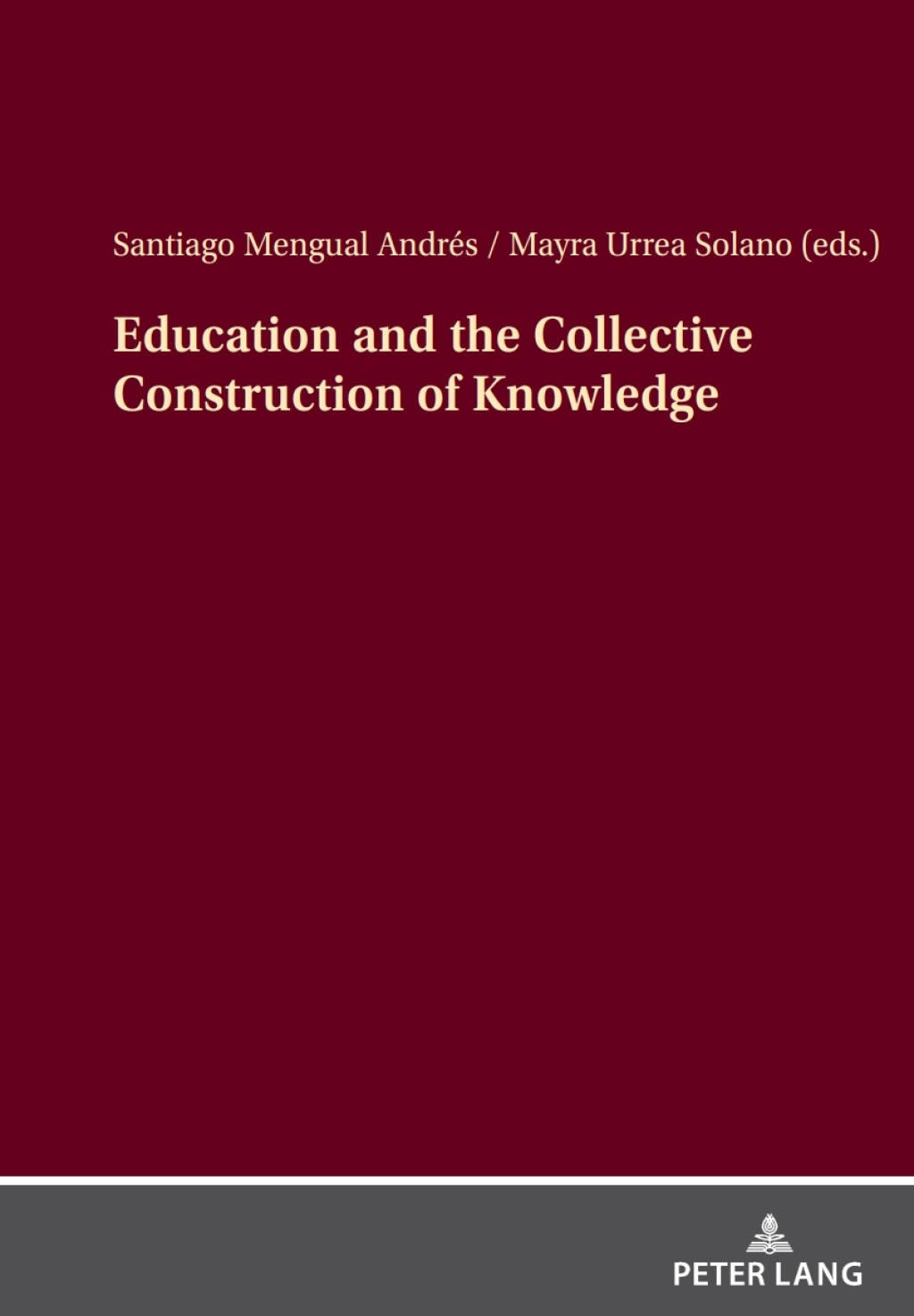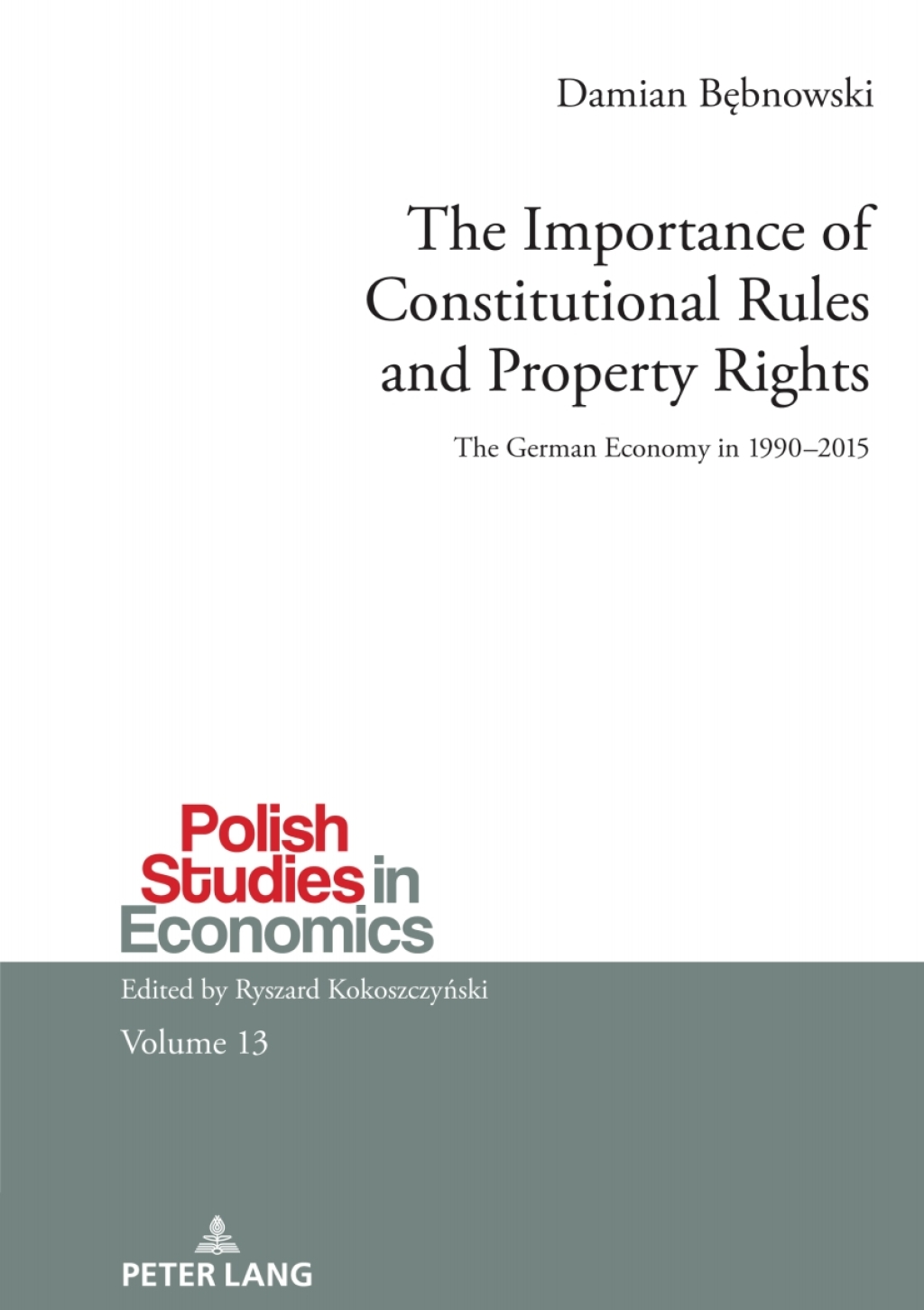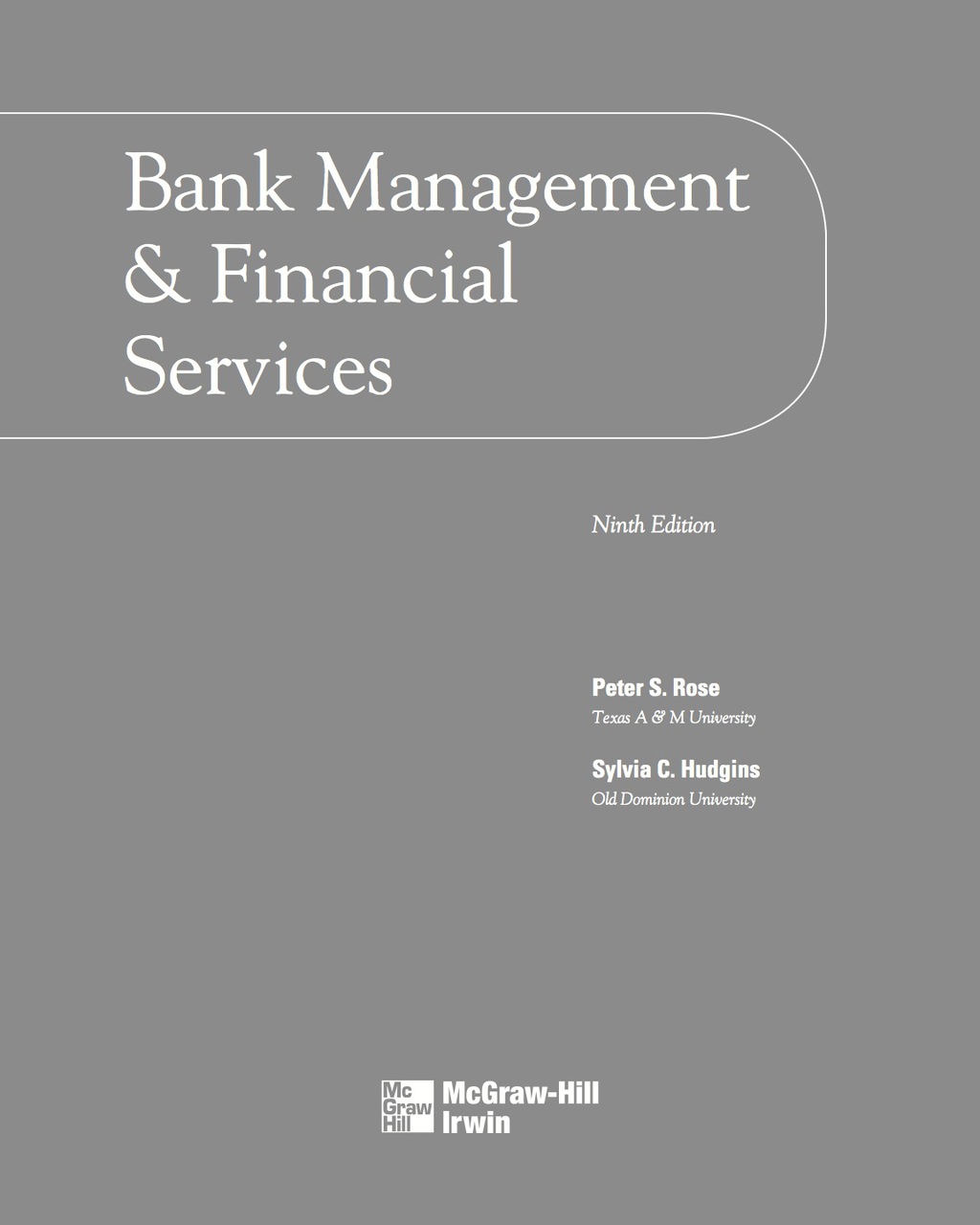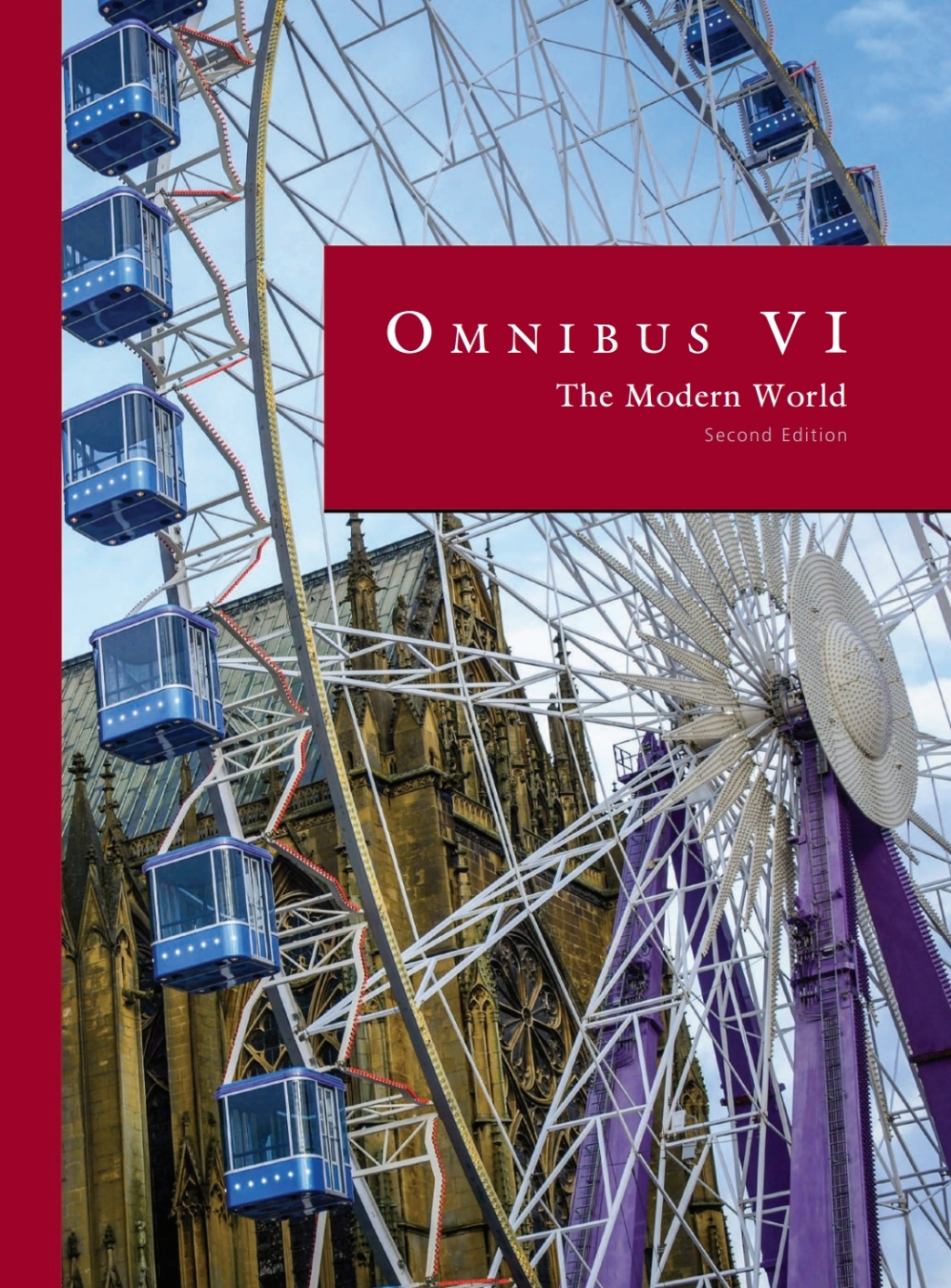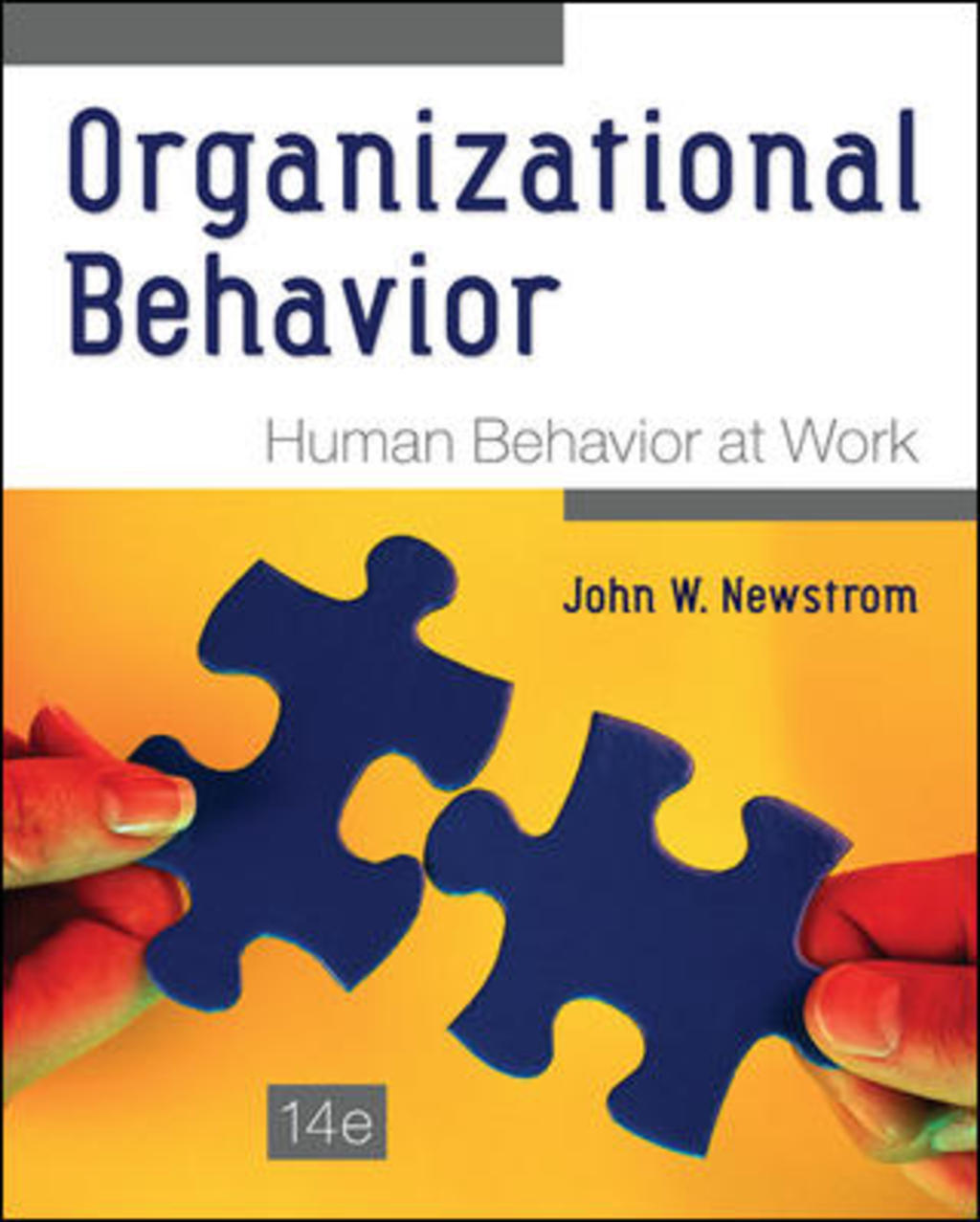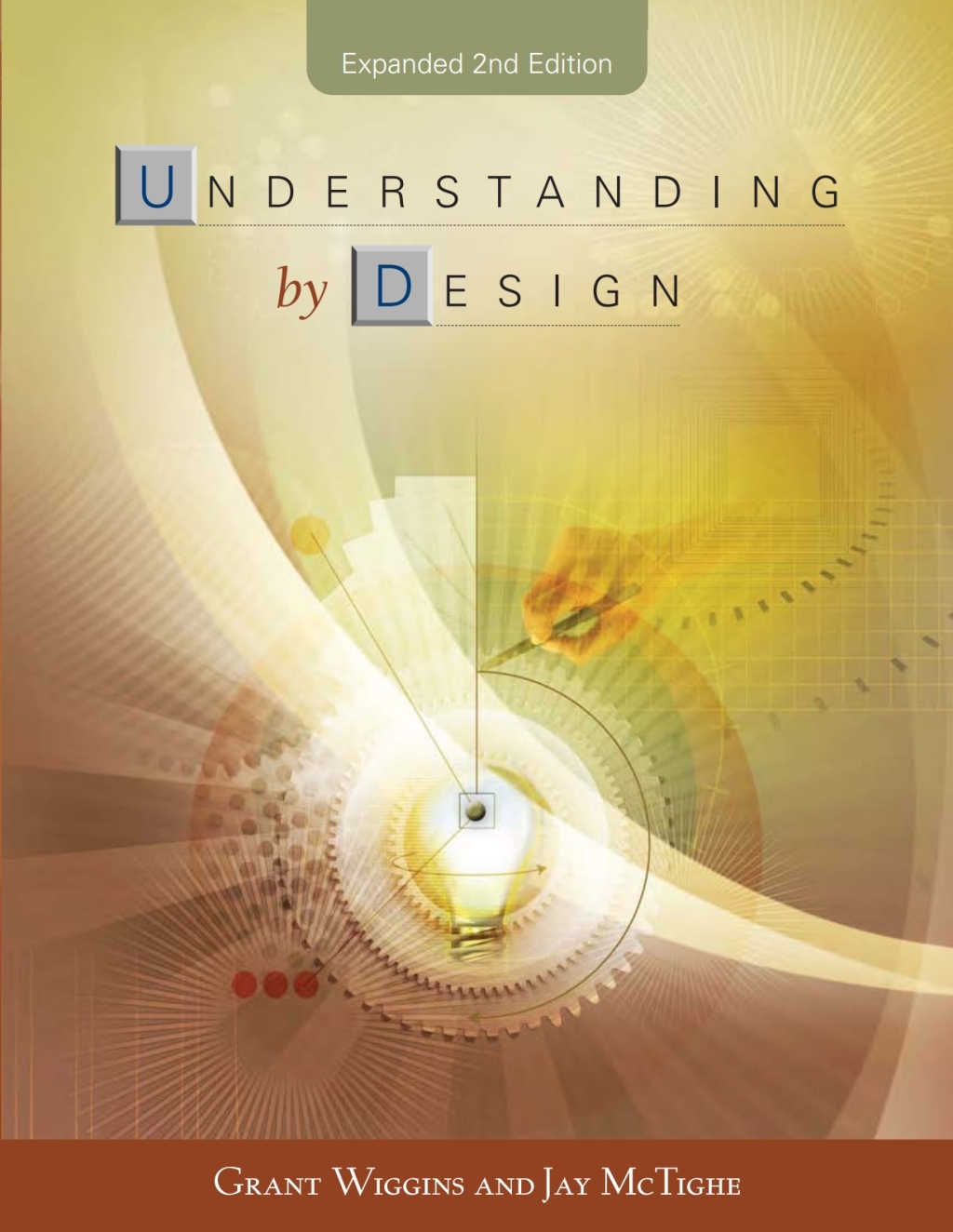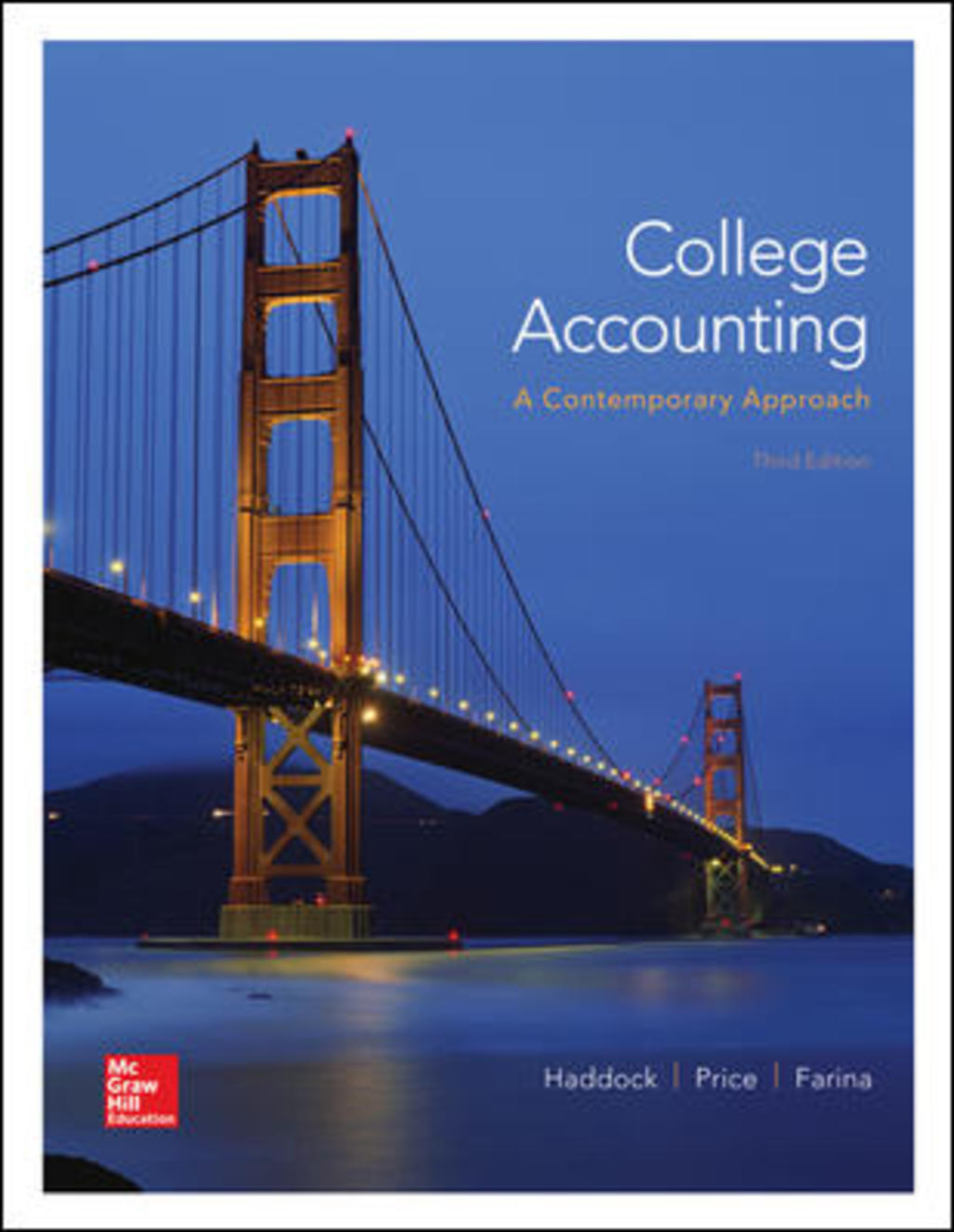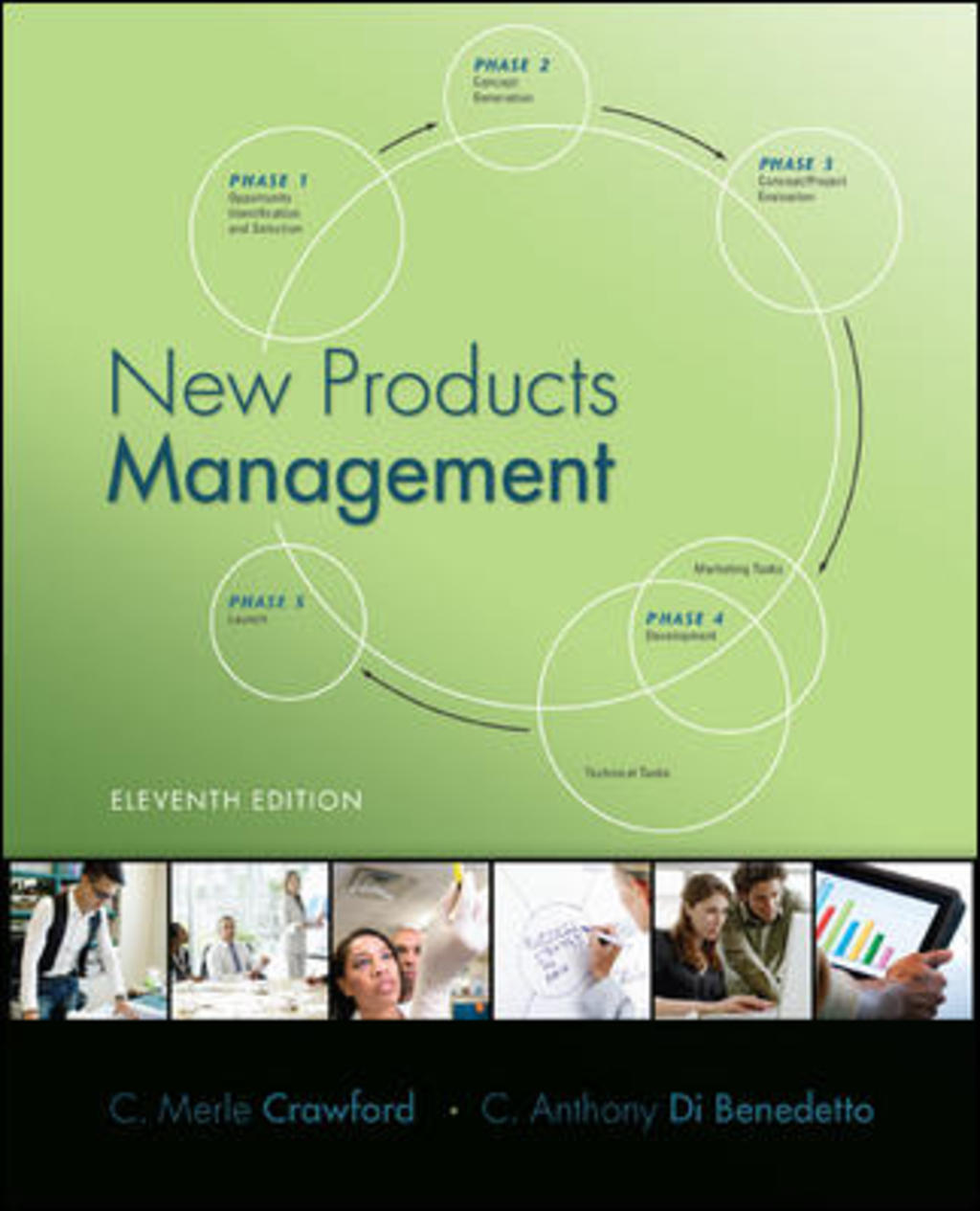Description
The book evaluates the importance of constitutional rules and property rights for the German economy in 1990–2015. It is an economic historical study embedded in institutional economics with main references to positive constitutional economics and the property rights theory. This interdisciplinary work adopts a theoretical-empirical dimension and a qualitative-quantitative approach. Formal institutions played a fundamental role in Germany’s post-reunification economic changes. They set the legal and institutional framework for the transition process of Eastern Germany and the unification, integration and convergence between the two parts of the country. Although the latter process was not completed, the effects of these formal rules were positive, especially for the former GDR.


